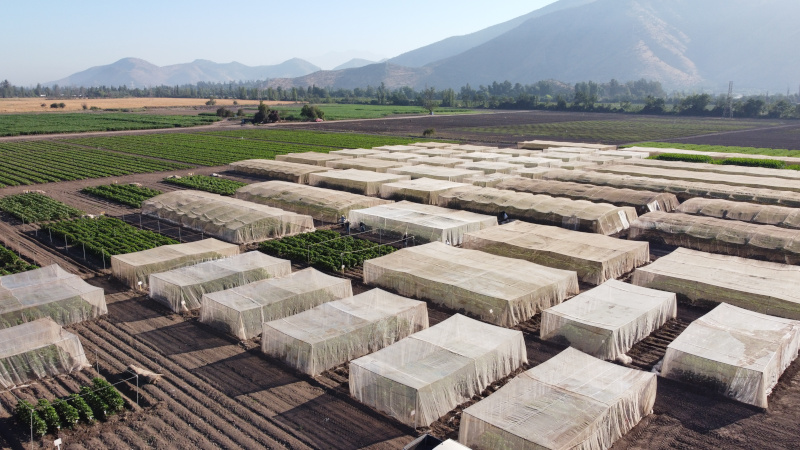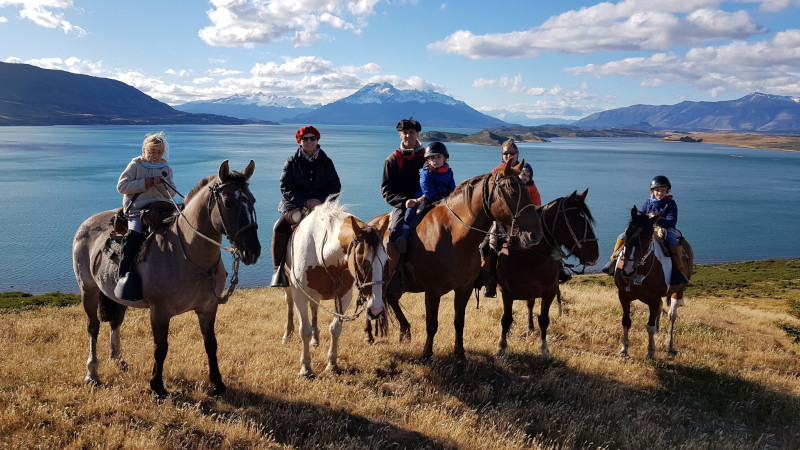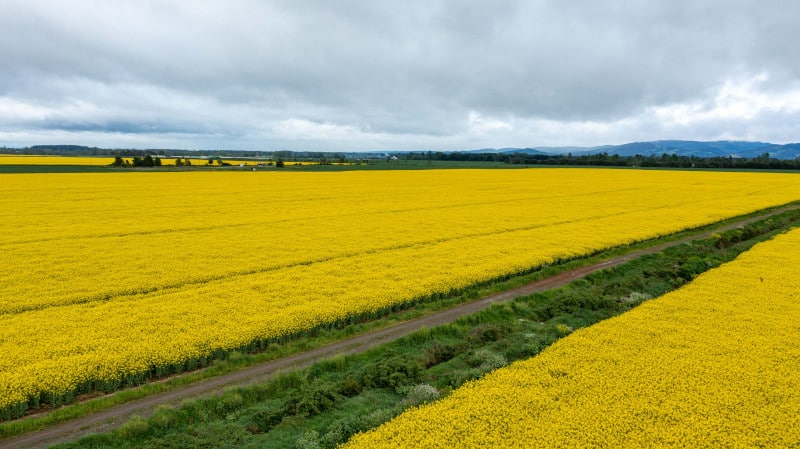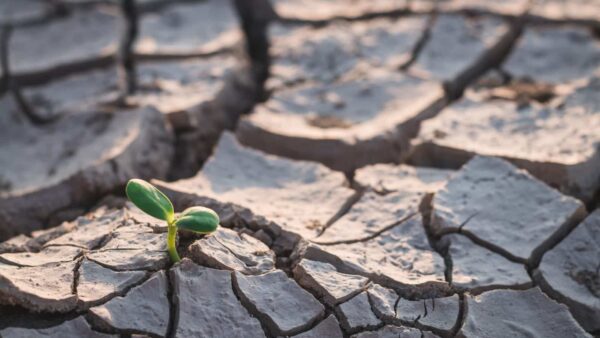When you’re looking for a location for your counter-season production, you want to ensure you’re considering three parameters: Location and Climate, Expertise and Access, and Governance and Stability. Having the right balance of those three ensures the greatest chance of success for your genetic material while minimizing risks. Chile is recognized as an example of a location that aligns well with these parameters, thanks to its unique geographical and agricultural advantages.
Location and Climate:
A stable climate conducive to growing your crops is a primary factor, of course, but it is also important to take a close look at pest and disease pressures in the region, soil conditions and availability of irrigation water. Another consideration is how many annual growing cycles the location supports. Being able to run multiple cycles in your counter-season location can rapidly accelerate the development of your product.
Chile excels in these areas. Flanked by the Pacific Ocean, Andes Mountains, and Atacama Desert, its geography naturally reduces pest and disease pressures, minimizing the need for intensive interventions. With three annual growing cycles, ample irrigation resources, and favourable soil conditions, Chile offers a dependable environment for a variety of crops.
Expertise and Access:
Quality infrastructure and skilled experts lead to quality trials and successful seed multiplication. Does the location have well-educated agronomists and technicians? Are there adequate contract growers utilizing current technology? Do the country’s seed regulations allow for streamlined import and export processes?
In Chile, you’ll find the well-educated agricultural workforce and advanced infrastructure supports research and production. Free trade agreements with major markets simplify seed imports and exports, and the country’s GMO policies allow production for export.
Governance and Stability:
Political and economic stability is crucial for long-term projects. How is the country positioned with global partnerships? What regulations are in place to protect agriculture and prevent influx of crop diseases? Is there an efficient communication system with regulators to ensure needs of foreign clients are met in a timely manner?
Chile is both politically and economically stable, and we have clear and open communication lines between the Chilean Seed Association, ANPROS, seed companies in the private sector and the public sector’s Agriculture and Livestock Service, SAG. Additionally, we have robust trade agreements and high standards for crop isolation protect agricultural investments while preventing crop diseases.
Selecting a counter-season location requires balancing climate, expertise, and stability to minimize risks and ensure success. While Chile showcases how these factors align effectively, the key is to carefully evaluate each element to meet your specific needs, wherever you choose to base your program.









